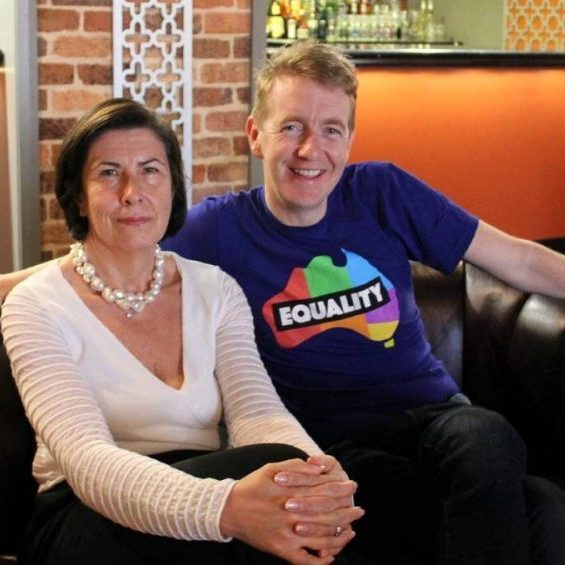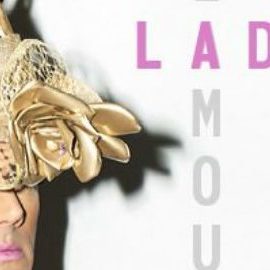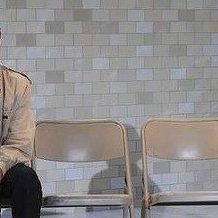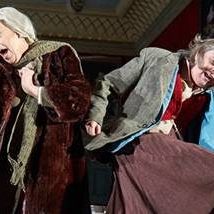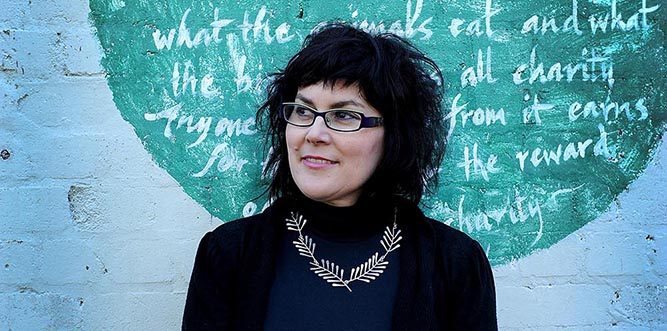
Alana discusses her highly anticipated production, Ladies Day
From the brilliant mind of Alana Valentine, Australia’s most well known verbatim playwright, comes a new complex relationship drama, Ladies Day.
Alana spoke with us about her writing style, research methods, and told us a little bit about her newest production.
When were you first introduced to the verbatim theatre? Did you always feel comfortable using this style of writing?
My first play in the pure verbatim form, that is, entirely based on interview transcripts was Run Rabbit Run in 2004, but I had been making sound features and plays based on interviews and my particular observations of the world before that. In 2007 Belvoir presented Parramatta Girls which I would call massaged verbatim, that is, based on testimony but shaped by a dramatic hand.
Since then my work has oscillated between entirely fictional constructs and entirely verbatim-based projects, with many works on the spectrum between them that may be based on research or verbatim-inspired, but also sprung substantively from my imagination. What inspires me about drawing material from interviews is the way in which people are consistently more complex, more contradictory and more surprising in real life than they are sometimes portrayed in fiction.
As a person who has lived with labels and assumptions about my identity because of my sexuality, I think it is an act of radical artistry to constantly put people on stage who challenge conventions and assumptions about stereotypes. So I have been drawn to the aspects of a community that community members share, but also to presenting the individuality and diversity of communities and the conflicts within them.
Is it typical for you to spend a few months researching and interviewing people before writing? How do you know when you’ve collected enough material?
One of the things I learnt early in this form of work is to create a kind of chain of contact between my interviewees.
So I’ll interview one or two people and they will say to me, ‘Oh, you should speak to this person.’ So as the interviews progress I start to get not only an insight into each interviewee but the relationships between the community members. There is always a point at which I will go and deliberately seek out people to speak to who openly disagree with or have a radically different perspective from the people I have been interviewing to that point. Drama is about relationships, and the premise of a lot of my work is that we know ourselves from who we are in our community.
My work shares some features of journalism or documentary making but in essence, it is not that because I am always investigating a dramatic idea that is of particular (or peculiar) interest to me. The community is usually a frame around which I work a metaphorical or artistic enquiry which hopefully makes the play about more than the subject.
Will you explain how you used the interviews and research you collected to shape LADIES DAY into the finished production?
So Ladies Day definitely moves the dial further toward a fictional construct than some of my earlier work. That’s both because I hope it reflects the way I have changed and grown as a writer but also the ways in which audiences have changed and grown in their understanding of and experience of this form.
So I would say that Ladies Day has benefited from the generous self-disclosure of men who identify as homosexual living in Broome, elsewhere in the Kimberley and also in the Northern Territory, especially Darwin and Katherine, because of my extensive travels and work in those communities.
But given my own sustained relationship with the GLBTI communities of Sydney (and elsewhere), it would be fair to say that much of my life has contributed to the portraits of the characters in this drama. The line between truth and fiction is one that audiences themselves must draw. My sincere contract with the audience for Ladies Day is that I hope this work is no less true for being an artifice of conflations, amalgamations and combinations of stories drawn from real life. In truth, there are some darker aspects of the gay community that I found myself wanting to explore in this work and so it was an act of protection and integrity to conflate and construct fictional characters to present that.
I hope that the men I spoke to in Broome will recognize aspects of their lives, and the lives of GLBTI people living in regional areas generally, but there are also some darker aspects that I have deliberately cloaked with fiction.
There is a strong women’s story incorporated into LADIES DAY. Can you talk about this aspect of the production?
Many of the characters in the play are gay men but there is a female character through whose eyes we experience many of the events as they take place. I can’t say much more than that without spoiling the surprises and reveals of the drama. What I can tell you is that the female character in Ladies Day has been shaped through what I have learnt from the many women I have interviewed for plays like Parramatta Girls and Shafana and Aunt Sarrinah and MP and the people who survived the tragedy in Dead Man Brake.
These people taught me that suffering and despair are a gateway to empathy and understanding if you can find a community to share your experiences with. The experience of being misunderstood and underestimated as women, and patronized and bullied as lesbians, and discriminated against as homosexual people of difference can be turned into an asset in finding connection and sympathy, in building hope and resilience in our lives. Yes, it makes us uniquely vulnerable but it inversely makes us magnificently open and emotional and hungry for connection to others.
The GLBTI communities throughout the world gift to their cultures the beauty of their passion and courage and they must be valued for that. Ladies Day wrestles with some dark aspects of our psyche – the ways we deal with hard truths and confronting experiences – but I hope it will leave audiences, ultimately, with the joy of being true to yourself.

